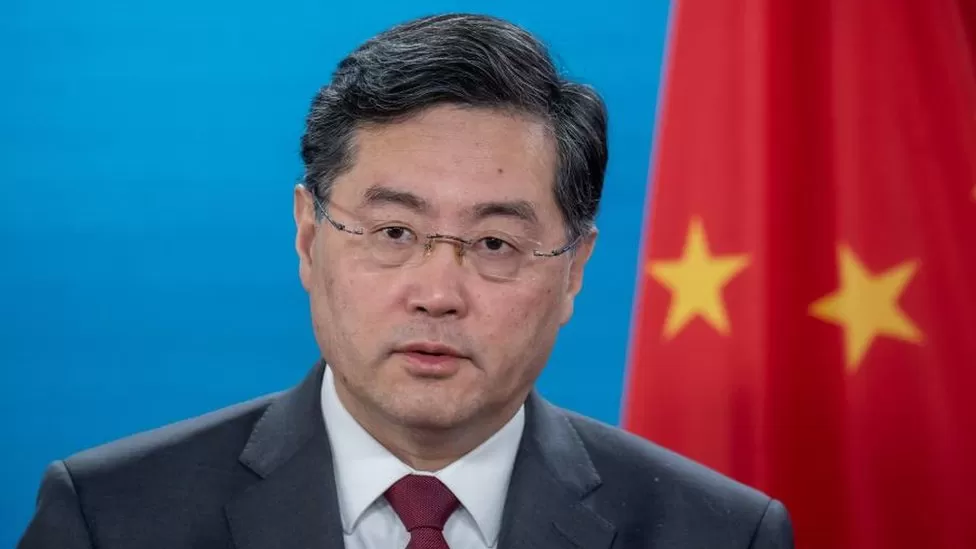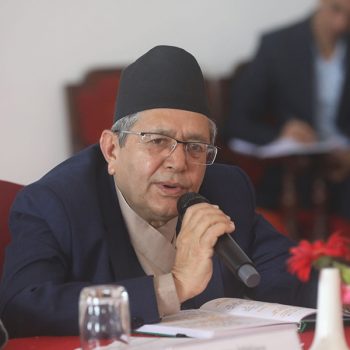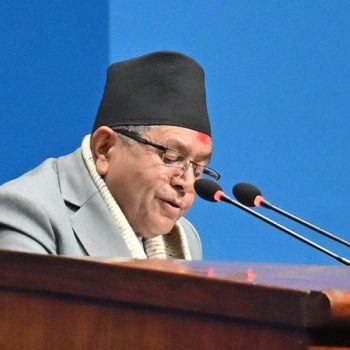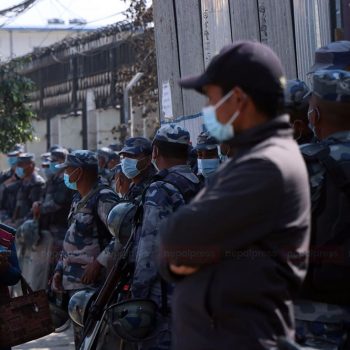Japan redefines rape and raises age of consent in landmark move
 NepalPress
NepalPress

Japan has passed laws that redefine rape and raise the age of consent in a landmark overhaul of sex crime laws, BBC reported.
The definition of rape was broadened to “non-consensual sexual intercourse” from “forcible sexual intercourse”, aligning Japanese law’s definition with other countries.
The legal age of consent, previously at only 13, has been raised to 16 years.
Previous laws did not protect those coerced into having sex and deterred reporting of such attacks, critics say.
They have also led to inconsistent court decisions, fuelling calls for change.
The new laws were passed by the upper house of the Diet – Japan’s parliament – on Friday. They explicitly outline eight scenarios where it is difficult for a victim to “form, express, or fulfil an intention not to consent” to sexual intercourse.
This is only the first time Japan has changed its age of consent since its enactment in 1907.
Previously, Japan had one of the lowest age of consent among developed nations. However, a person who has had sex with a minor aged 13 to 15 will be punished only if the person is five or more years older than the minor.
Meanwhile, the statute of limitations or legal window for reporting rape will be extended to 15 years from 10 years, to give survivors more time to come forward.
The changes also ban “photo voyeurism” which includes upskirting and secret filming of sexual acts, among other things.
It follows multiple rape acquittals in 2019 that caused national outcry and helped spur a nationwide Flower Demo campaign against sexual violence. On the 11th day of every month since April 2019, activists have gathered throughout Japan to demand justice and show solidarity with sexual assault survivors.
“Distorted ideas” about sex and consent that have pervaded for generations must be addressed, says Kazuko Ito, vice-president of the Tokyo-based Human Rights Now.
Survivors of sexual assault who go public also often receive threats and nasty comments online.
Even if the reforms are enacted, survivors must feel empowered to report their attacks, activists say.
In Japan, survivors of sexual violence are often reluctant to come forward because of stigma and shame. A 2021 survey by the government showed that only about 6 per cent of women and men reported an assault half of the women polled felt they couldn’t do so because of “embarrassment”.
“Nationwide learning and educational effort is essential for this norm to be embedded in the society. This is only way to prevent actual sexual violence along with ending culture of impunity,” Ms Ito says.














